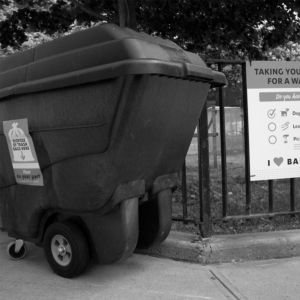Reducing Administrative Burden
HIGHLIGHTS
- We’re researching the impact of administrative burdens on enrollment in the Medicaid and SNAP programs, as well as child poverty rates.
- Through this work, we will identify which policies are the most effective at supporting families and children with low incomes and share our results with policymakers, advocates, and the public.
The Challenge
The federal government provides many public programs aimed at supporting families with low incomes and reducing rates of poverty. Our research focuses on two of those programs:
- Medicaid provides health care coverage to families with low incomes and other targeted groups, like pregnant women and children.
- The Supplemental Nutrition Assistance Program (SNAP) provides food assistance to families with low incomes.
Unfortunately, these programs are rife with administrative burdens. Administrative burdens refer to any cost associated with accessing government programs and services, like determining one’s eligibility or completing confusing paperwork. These costs can be financial, temporal, cognitive, or even psychological.
Our Approach
During the COVID-19 pandemic, Congress temporarily eliminated many of the administrative burdens required to access Medicaid and SNAP.
- States paused all Medicaid redeterminations. Typically, people must renew their coverage every year, but Medicaid recipients automatically remained covered from March 2020 to March 2023 or later.
- States significantly relaxed SNAP enrollment processes. For example, states temporarily eliminated the in-person interview requirement and extended certification periods.
With generous funding from the William T. Grant Foundation, a dedicated team at ideas42 is conducting research that asks: What happened when it suddenly became easier for families to access Medicaid and SNAP during the pandemic?
- States took different approaches to administrative burden policy during and after the pandemic period. We tracked these changes and compiled them in an upcoming policy brief.
- We will measure the impact of these changes on program enrollment and child poverty.
- Our research will be used to help policymakers make evidence-based decisions.
As pandemic-era flexibilities expire, state policymakers are actively deciding which administrative burden policies to make permanent. We will identify which policies are the most effective at supporting families and children with low incomes and share our results with policymakers, advocates, and the public.
Interested in learning more?
We'll regularly update this page with our latest research and policy recommendations. You can also learn more about our related work below.
Our Latest Policy Research and Recommendations
Administrative Burdens
Medicaid Unwinding
Narrative Change


















